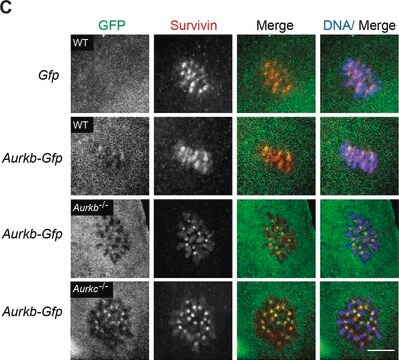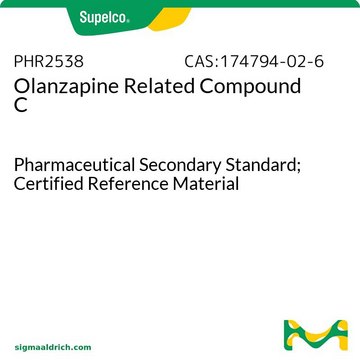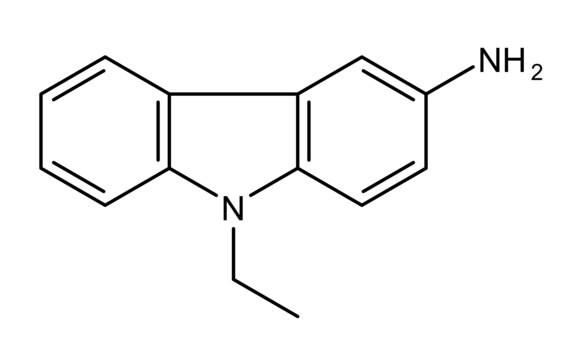MABC1111
Anti-Angiogenin Antibody, clone C527
clone C527, from mouse
Sinónimos:
Angiogenin-1, Ribonuclease 5, RNase 5
About This Item
Productos recomendados
biological source
mouse
Quality Level
antibody form
purified antibody
antibody product type
primary antibodies
clone
C527, monoclonal
species reactivity
mouse
technique(s)
ELISA: suitable
immunofluorescence: suitable
western blot: suitable
isotype
IgG2bκ
NCBI accession no.
UniProt accession no.
shipped in
ambient
Gene Information
mouse ... Ang(11727)
General description
Specificity
Immunogen
Application
ELISA Analysis: A representative lot detected Angiogenin in ELISA applications (Goncalves, K.A., et. al. (2016). Cell. 166(4):894-906).
Apoptosis & Cancer
Quality
Western Blotting Analysis: 4 µg/mL of this antibody detected recombinant mouse angiogenin.
Target description
Physical form
Storage and Stability
Other Notes
Disclaimer
¿No encuentra el producto adecuado?
Pruebe nuestro Herramienta de selección de productos.
Storage Class
12 - Non Combustible Liquids
wgk_germany
WGK 1
Certificados de análisis (COA)
Busque Certificados de análisis (COA) introduciendo el número de lote del producto. Los números de lote se encuentran en la etiqueta del producto después de las palabras «Lot» o «Batch»
¿Ya tiene este producto?
Encuentre la documentación para los productos que ha comprado recientemente en la Biblioteca de documentos.
Nuestro equipo de científicos tiene experiencia en todas las áreas de investigación: Ciencias de la vida, Ciencia de los materiales, Síntesis química, Cromatografía, Analítica y muchas otras.
Póngase en contacto con el Servicio técnico







